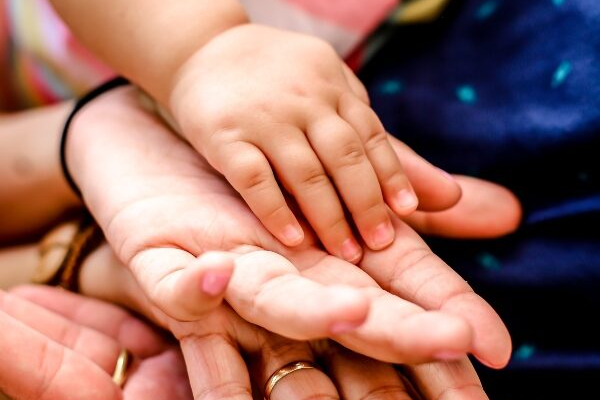This guide steers you through the UK legal issues if you are a different-sex couple and need the help of an egg, sperm or embryo donor to create your family.
How does the law regulate gamete and embryo donation in the UK?
If you conceive at a fertility clinic in the UK, your treatment will be subject to the rules set by the law and by the UK regulator the Human Fertilisation and Embryology Authority. These include rules on the support and information you must be given, the consent forms you need to sign, the screening that has to be carried out on donors of eggs, sperm or embryos, and the numbers of families that can be created by each donor.
If you have conceived at a clinic in the UK (after 1991), your child’s details will also be kept on the Human Fertilisation and Embryology Authority’s Register of Information. You will be able to access non-identifying information about your child’s donor and any donor-conceived siblings your child has in (up to ten) other families. Once your child reaches the age of 18, they may also be able to ask for the donor’s identity and to be put in touch with any donor-conceived genetic siblings.
Find out more about donor conception at UK fertility clinics.
What if we conceive at a clinic outside the UK?
If you conceive at a fertility clinic outside the UK, these rules will not apply. What information is available about your donor/s, what screening is carried out and so on will depend on the law and the clinical practice in the country where you are having your treatment.
You should also take care over legal parenthood if you are not married or in a civil partnership and are conceiving with donor sperm, as you will not automatically both be recognised as your child’s legal parents under UK law and may need to take additional steps after the birth if you both want to be legal parents. Find out more about legal parenthood after donor conception.
What happens if we conceive with a known egg, sperm or embryo donor?
Conceiving with a known donor gives you the opportunity to know more about the donor you choose, and to facilitate your child having a relationship with the donor during childhood. A relative or a friend may have offered to help you, or you may find a known donor via a matching website or agency.
As you will know who each other are from the outset, it is important to understand what might happen if there were a dispute between you at a later stage about the donor’s role. To help avoid problems, you should take time to build strong foundations at the outset and you should consider putting in place a pre-conception agreement.
Find out more about UK law on known donation arrangements.
Will we be our child’s legal parents?
UK law is designed to protect you as different-sex parents conceiving with donated eggs, sperm or embryos. If, as the intended mother, you carry a pregnancy, you (and no one else) will be your child’s legal mother. If, as the intended father, you are the husband or male civil partner of the woman giving birth, or if you conceive at a UK fertility clinic and sign the right forms, you will be your child’s legal father even if you are not the biological father.
If you are the birth mother and you are married to someone else who you do not want to be the legal father, you will need to set things up carefully by completing the right documentation before conception to show that your spouse does not consent to the conception (since otherwise he or she may be your child’s legal parent).
Find out more about legal parenthood after donor conception.
Do we have to disclose to our child they are donor-conceived?
When you register your child’s birth, you do not have to notify the registrar of the circumstances of conception, and your child’s birth certificate will not indicate that they are donor conceived.
The law does not require you to tell your child that they were conceived with the help of a donor, but research overwhelmingly shows that it is easiest for donor-conceived children to know from an early age. The Donor Conception Network provides invaluable information, advice and support to parents managing these issues.
What are our rights if we are storing eggs, sperm or embryos for the future?
Many parents through donor conception store donated gametes or embryos, usually with a view to conceiving a genetically-matched sibling. If you have donor eggs, sperm or embryos stored at a fertility clinic in the UK, they will be subject to the rules on storage set by the law and the Human Fertilisation and Embryology Authority.
Find out more about your rights in relation to stored eggs, sperm or embryos.
The UK’s leading conception lawyers
Find out more about how we support those creating families
Related articles

Donor conception at UK fertility clinics
The Human Fertilisation and Embryology Authority regulates fertility treatment with donor eggs, sperm or embryos in the UK. Anyone who collects, stores or uses human gametes or…

Known donation arrangements (UK law)
Known donation arrangements cover a wide range of different personal circumstances. In some cases a known egg, sperm or embryo donor is a relative, friend or someone else….

Surrogacy law for different-sex parents
If you need the help of a surrogate to carry your child, then your starting point is considering the different types of surrogacy available and what is going to work for you. Since…
